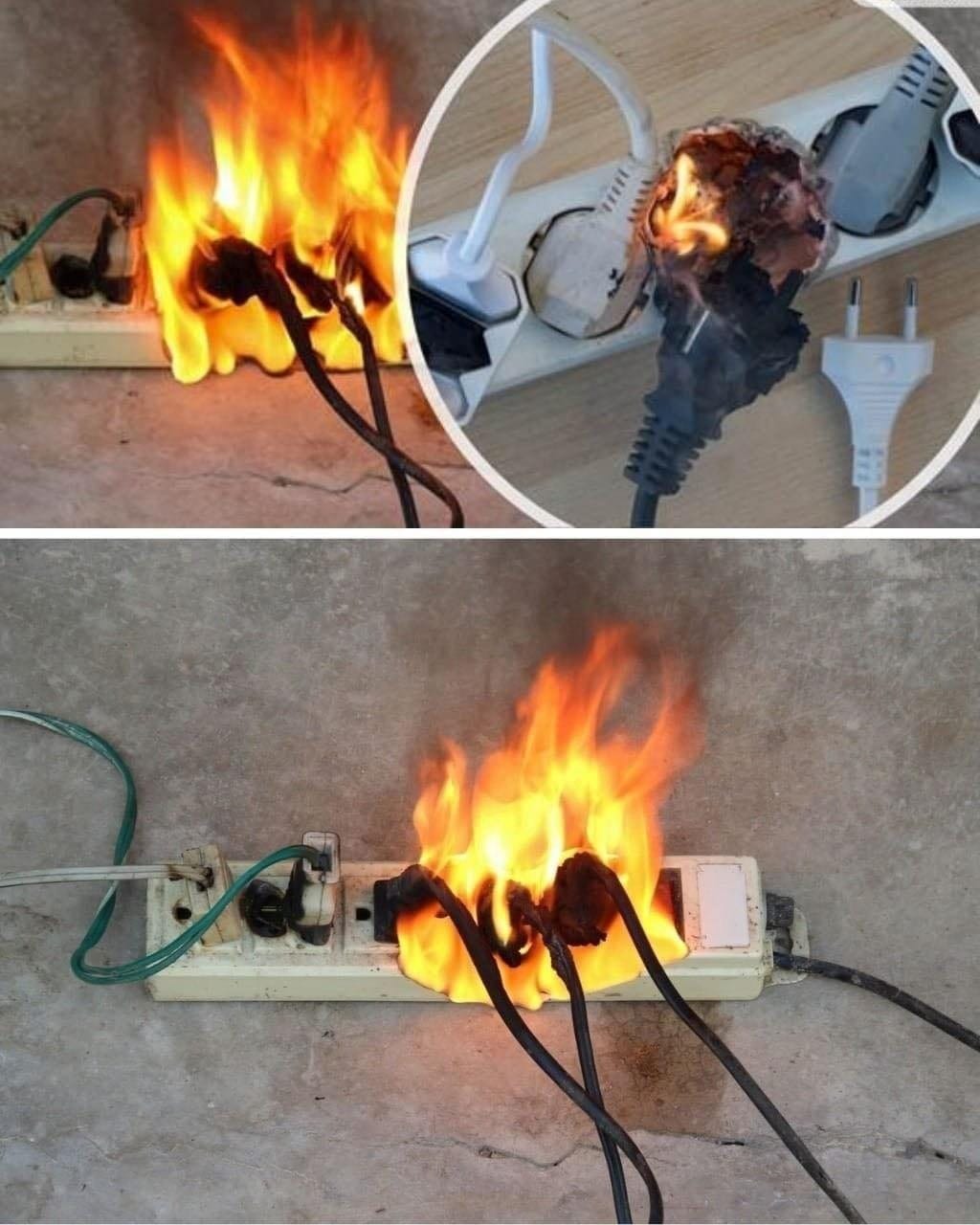Plugging electrical appliances into power strips is super practical and economical. But did you know that this can carry certain risks?
In fact, plugging in very energy-consuming devices or overloading the power strip can cause real failures. It can damage household appliances, cause power outages, but also cause fires! How can I say that?
Well quite simply because it happened to me. I can tell you that since then, I have been extremely careful about what I do… Discover 9 devices to never plug into a power strip.
First, look at the maximum power of the power strip
Before giving you the list of electrical devices not to plug in, you need to know one thing. On all power strips, the maximum power they can support is indicated on the power cable.
So the first thing to do before plugging in your electrical devices is to look at this information. Then, it’s very simple. You must add the power of each device that is plugged into the power strip.
How do I know what the power of this or that device is, will you tell me?
Well, as with the power strip, this information is written on each electrical device. I’ll give you a concrete example. Imagine that your power strip tolerates a maximum power of 3500 W. If you plug in your oven which consumes 2500 W at the same time. Your vacuum cleaner which consumes 800 W and your kettle which consumes 250 W. You exceed 3500 W (2500 + 800 + 250) = 3550 W. There is only one solution in this specific case.
Unplug one of the electrical devices from the power strip to return below its maximum power threshold. Otherwise, it can be very dangerous. Now let’s look at all the devices that should not be plugged into a power strip.
Continued on next page(page2)
